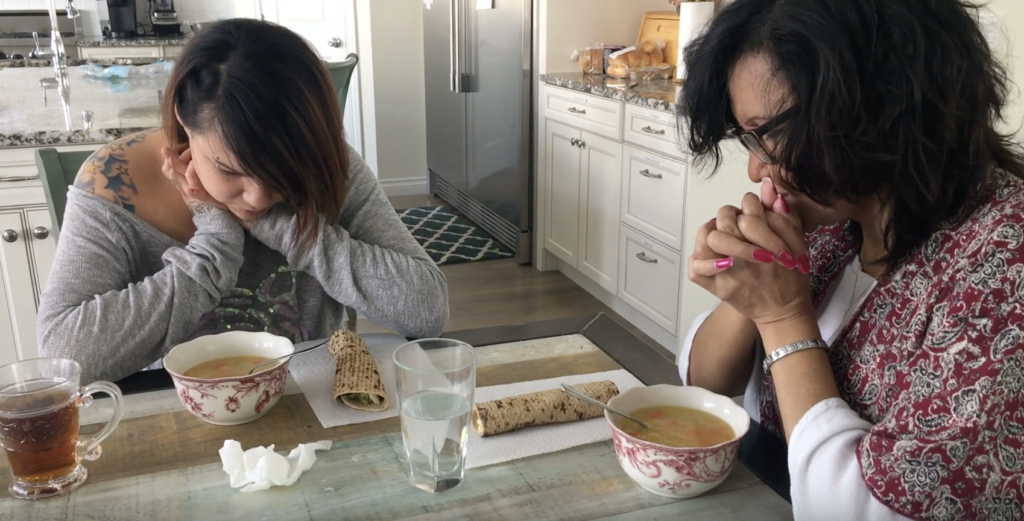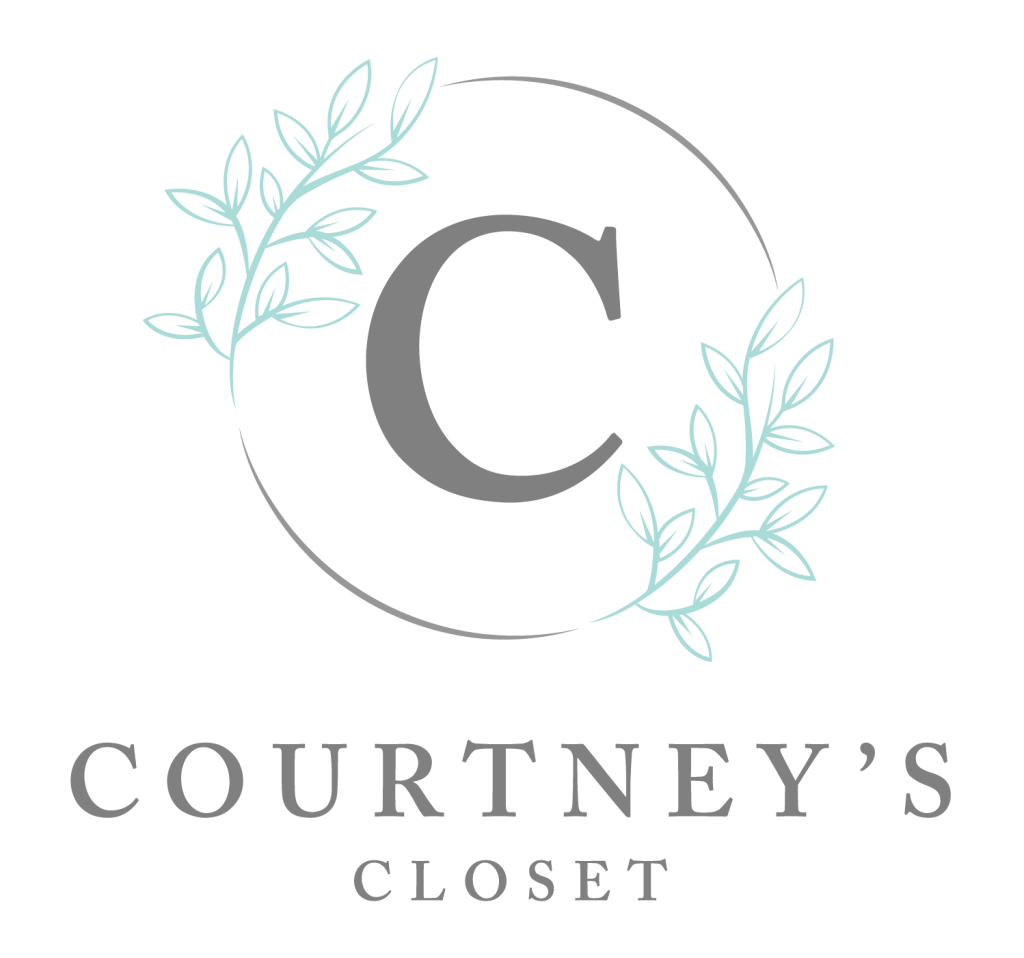It’s never too late for anybody … I am 48, and my life has just begun,’ says recovering addict Lorraine Bruneau, who’s participating in an addiction treatment program at Narrow Road Home in High River along with her daughter, Melissa Bigstone.
Bruneau, who is from a First Nation in northern Alberta, shares her story of overcoming addictions and the relationship she now has with her daughter, thanks to the Narrow Road Home Women’s Recovery Centre in High River.
Growing up, Bruneau struggled with alcohol and drugs and suffered sexual abuse.”I struggled with rejection, abandonment and just hating men. I grew up with that and started to drink at an early age … then I had my children,” she said.
Bruneau saw her four children — one son and three daughters — taken into the foster care system because of her addictions.
“My children would be in foster care and I would fight so hard to get them back, and then I would relapse again. It has been a constant struggle,” she said. Bruneau wants to break the cycle of generational trauma within her family.
“Who parties with their children? I know there’s lots of them out there that do that but you know what, we don’t have to condemn ourselves anymore,” she said.
“We can learn how to surpass that and truly forgive ourselves. I’m setting an example of finally discovering what I have in me – and it’s like my identity.”
The Indigenous mother has been in the High River treatment program for over a year.
Bruneau lost two relatives, she says, which led her to return home to be with her family. That visit led to her daughter Melissa, wanting to get help as well. Bigstone, a young mother of two, joined her mother at the treatment program a month ago.
Bigstone said she was heavily into drug addiction and criminal activity over the past four years. The former youth worker said she would sell and use drugs along with her mother and her two sisters.
‘I wouldn’t be here if my mom wasn’t here, that’s for sure. I know a lot of generational trauma has to do with the way I was,” says Melissa Bigstone.
“I was the one in the family that kinda had my stuff together. It wasn’t until my kids were taken … that I fell on my face,” she said.
“It was just a negative cycle that we ended up in,” said the young mother.
Bigstone credits her mother for supporting her recovery journey.
Bigstone followed in her mother’s footsteps to join the treatment program and work toward recovery for her own children.
“I want to build on that role of being a mom … because my mom has done it,” she said.
Bigstone says it’s hard to be sad when there is so much hope for the future in this recovery experience with her mother.
The mother and daughter duo say thanks to the program, they are working together on a path of healing — hoping to inspire indigenous women to do the same, to be able to walk away from addiction, mental health crisis and family chaos.
The program was founded by executive director Kimberley Engbrecht, who describes her work as a life calling.
The facility offers customized transitional living programs for women struggling with mental health issues, addiction or domestic violence.
The in-house recovery program currently houses 14 women of all ages and backgrounds. Bruneau and Bigstone are among a number of Indigenous clients in the program.
“We as a staff want to walk alongside these women, right out of addiction, out of mental health crisis, out of family chaos and conflict into a life of empowerment and of restoration of relationships to a future that is full of hope and success,” said Engbrecht
Bruneau heard about the program from a pastor in Edmonton that she had been reaching out to for years, according to Engbrecht.
The founder made contact with Bruneau and arranged a ride for her from Edmonton to High River.
The executive director asked Bruneau if she was ready for long-term recovery and made the commitment to push the Indigenous mother toward self recovery with the help of her program
Engbrecht said that’s when the real journey began.
“You wouldn’t even recognize the woman that came in, who just couldn’t forgive herself, for being the kind of mother that she had been” said the program founder.
Established in 2014, Narrow Road Home Women’s Recovery Centre is a private treatment centre.
“We hope for our women, that their healing is complete, inside and out, ” Engbrecht said.
Narrow Road Home also gives opportunities to their clients to serve and volunteer at the Creperie and Coffee cafe in High River. All proceeds raised go toward helping the program to continue assisting women in recovery.
(Livia Manywounds/CBC)



